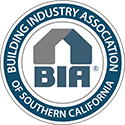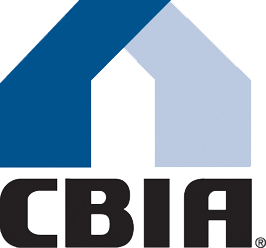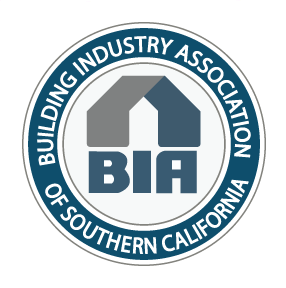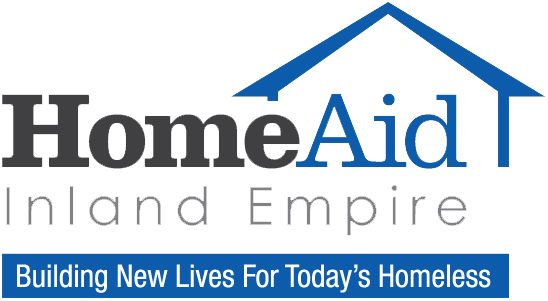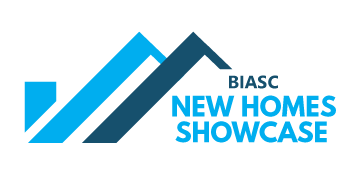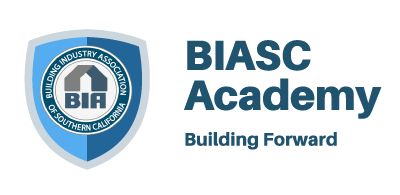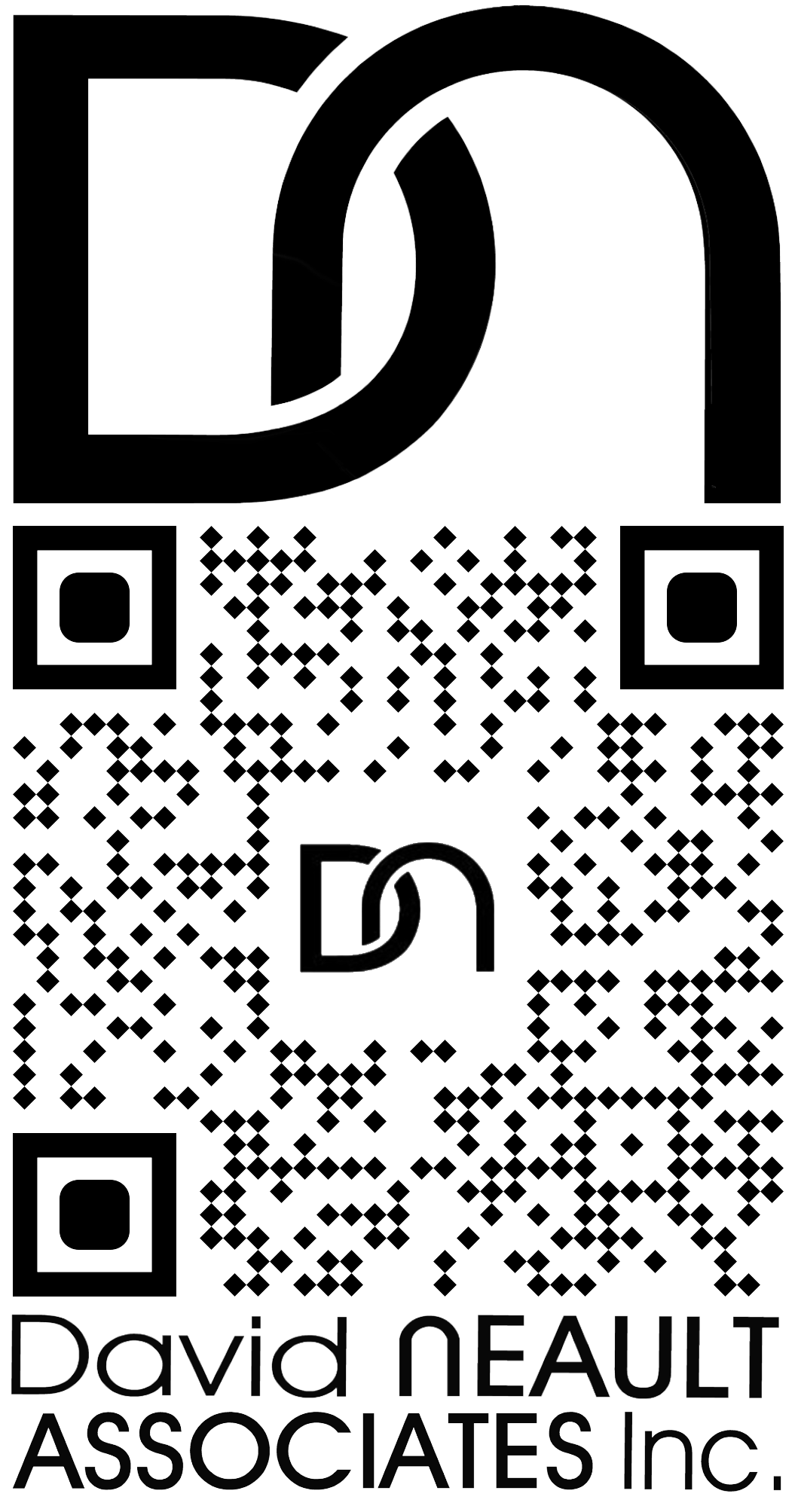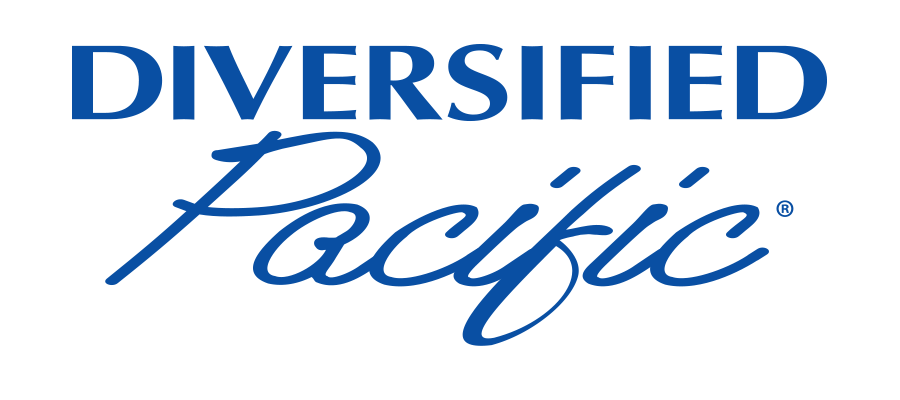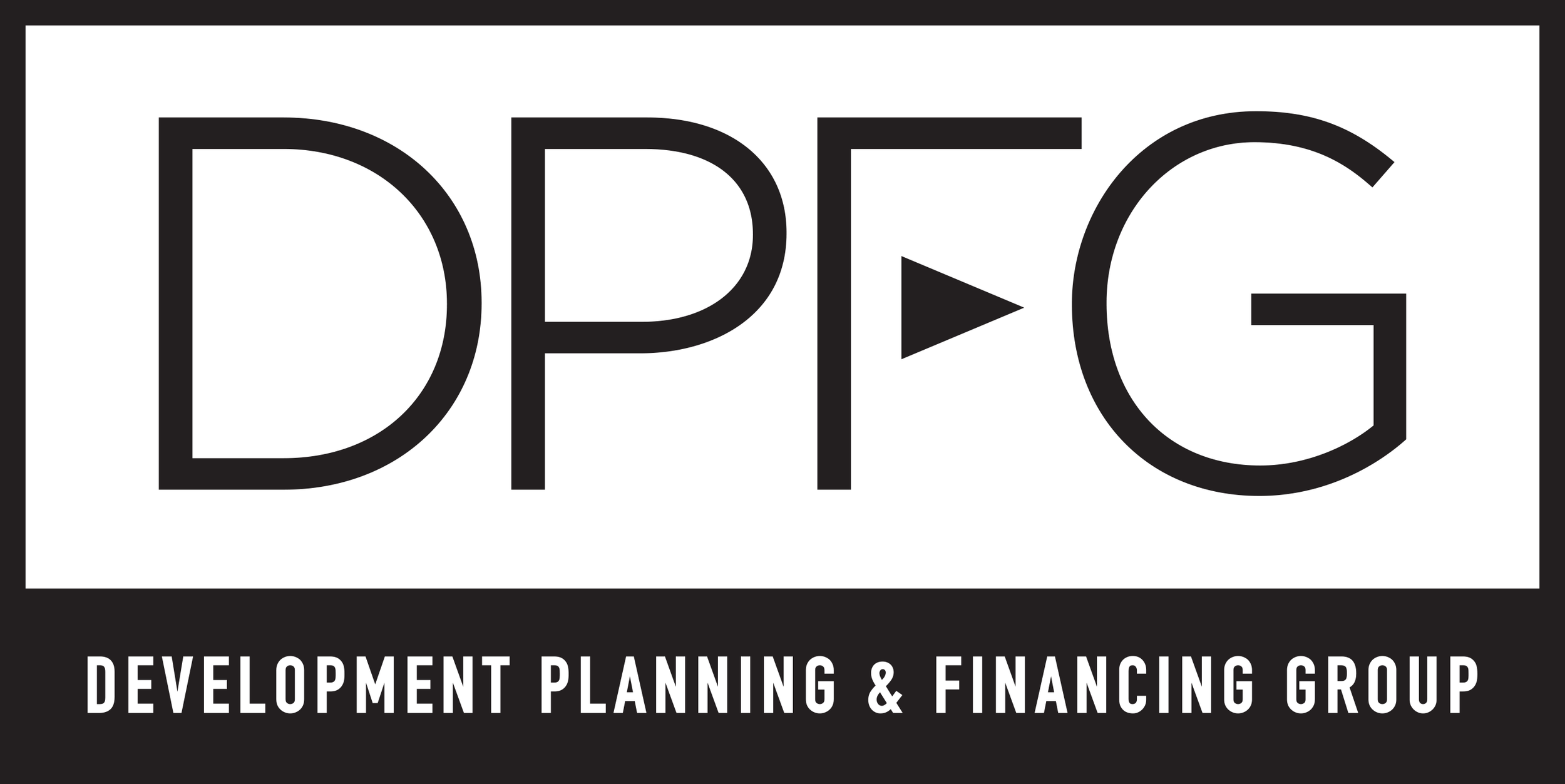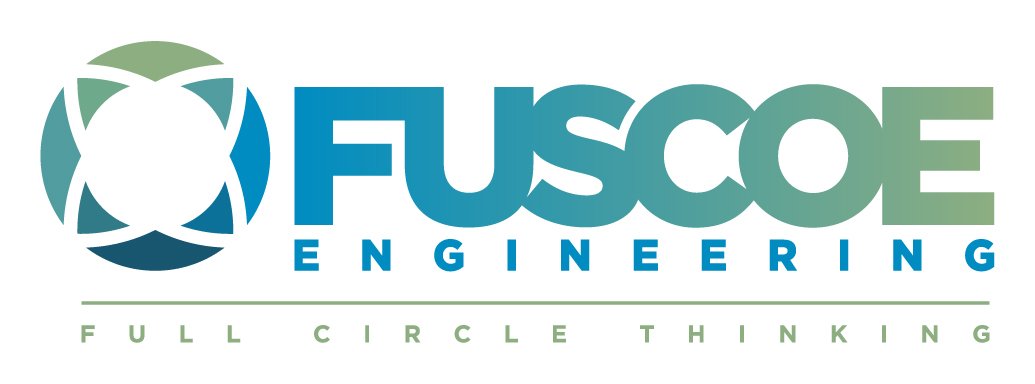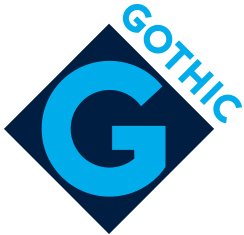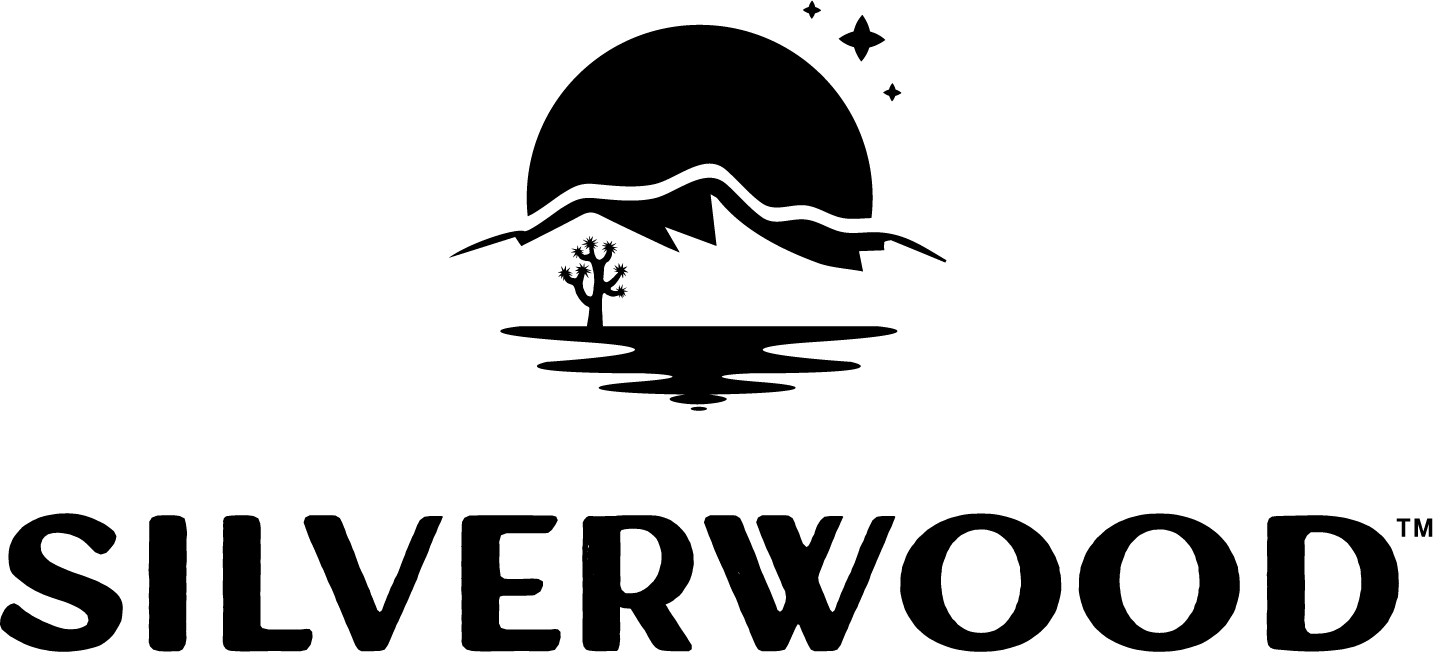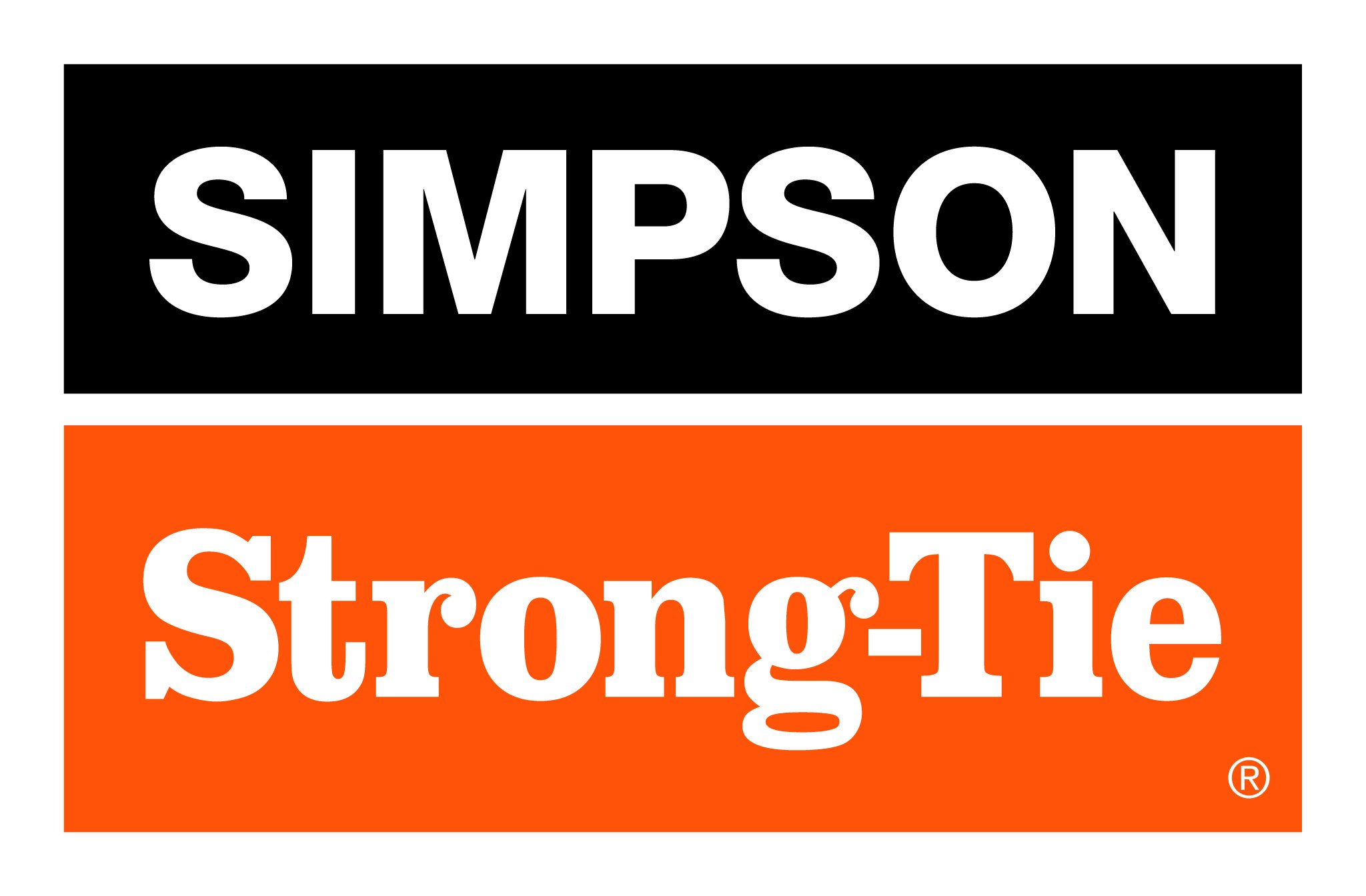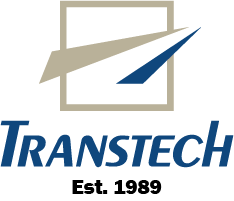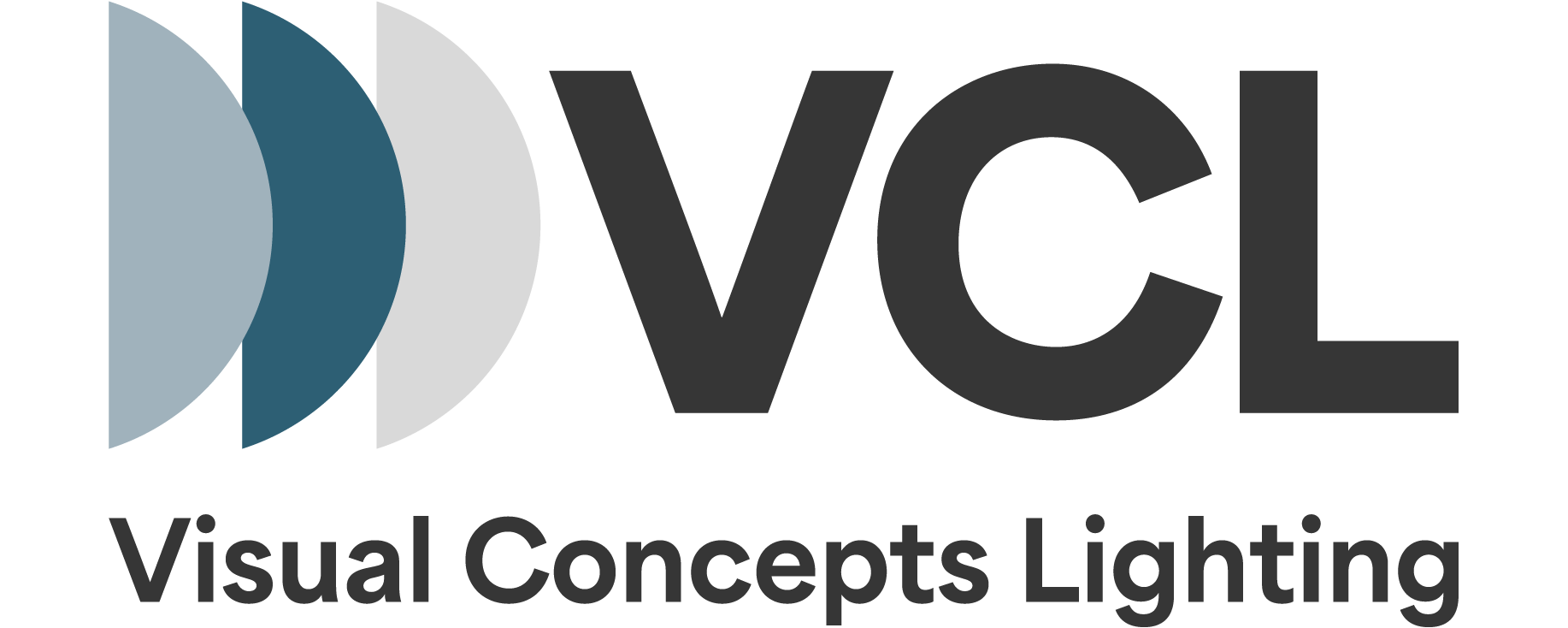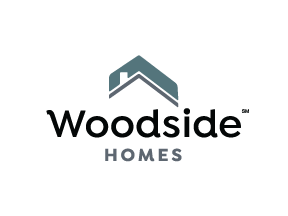ByAli Sahabi of Optimum Group, LLC
President, Building Industry Association (BIA) Baldy View Chapter
One of the biggest changes in the housing industry over the past decade is that younger homebuyers just starting out on their career paths or ‘empty-nesters’ who desire the comforts and benefits of homeownership, now have a far wider array of housing opportunities thanks to multi-family housing such as condominiums or ‘condos’, townhomes and cooperatives (co–ops). These opportunities provide an ideal alternative to traditional single-family homes and thanks to products such as Condominium Unit Owners Insurance (condo insurance), which offers many of the same benefits as single-family homeowner policies.
Today, condo insurance provides multi-family homeowners similar levels of protection against disasters, damage to property and personal liability or legal responsibility for any injuries and property damage you or members of your family cause to other people - including damage caused by household pets. However, if you will be shopping for condo insurance, remember there are key differences between homeowner’s and condo coverage that need to be addressed by a knowledgeable insurance agent or broker. The most important step for a new condo or townhome owner is to find an agent or company that specializes in these products.
When shopping for condo coverage, your first step will be to contact your current insurance agent. If your current agent doesn’t specialize, ask for a referral. If you insure your unit with the same company that underwrites your building’s insurance policy, you might also get an additional reduction in premiums. When you find some suitable candidates, inquire about any available discounts, rate reductions (by raising deductibles) or installing smoke and fire alarm systems that alert an outside service.
To properly insure your condo, you need to know which structural parts of your home are covered by the condo/co-op association by reading your association’s bylaws and/or proprietary lease. If you have questions, check with your condo association or agent.
Condo owners generally have two separate policies to protect their investments. The Personal Homeowners Policy provides coverage for personal possessions and structural improvements to the apartment. It also provides additional living expenses if the owner is a victim of fire, theft or other disaster listed in the policy and includes liability protection. The second is the Master Policy provided by the condo or co-op board. This policy covers the common areas you share with others in your building such as the roof, basement, elevator, boiler and walkways for both liability and physical damage.
Sometimes the condo association will be responsible for insuring the individual condo or co-op units as they were originally built, including standard fixtures. The individual owner in this case would be responsible only for alterations to the original structure of the apartment, like remodeling the kitchen or bathtub. Sometimes this includes not only improvements you make, but also those made by previous owners. In other situations, the condo association is responsible only for insuring the bare walls, floor and ceiling. The owner must insure kitchen cabinets, built-in appliances, plumbing, wiring, bathroom fixtures and other appliances.
When you are clear on what policy covers what, inquire the following possible additional coverages:
Unit assessment - This reimburses you for your share of an assessment charged to all unit owners as a result of a covered loss. For instance, if there is a fire in the lobby, all the unit owners are charged the cost of repairing the loss.
Water back-up - This insures your property for damage by the back-up of sewers or drains. Water back-up may not always be included in a policy. Check to see that it is included.
Umbrella liability - This is an inexpensive way to get more liability protection and broader coverage than is included in a standard condo/co-op policy.
Flood or earthquake policies - You will need to purchase separate flood and earthquake policies. Flood insurance is available through FEMA's National Flood Insurance Program at www.floodsmart.gov. Check with your insurance agent to see if you can purchase both flood and earthquake insurance through them.
Floaters or endorsements - If you own expensive jewelry, furs or collectibles, you might consider getting additional coverage since there is generally a limit for theft of jewelry on a standard policy. If you own any art, or expensive musical instruments, be sure to have them professionally appraised and accurately insured.
Multi-family housing opportunities offers a great starting point for homeownership and s excellent alternatives to single family homes due to their closer proximity to retail and commercial centers and public transit while reducing many of the costs and resources involved in landscaping and maintenance. Today, thanks to benefits like condo insurance, homebuyers can combine the convenience of multi-family living with the benefits of single-family homes.
